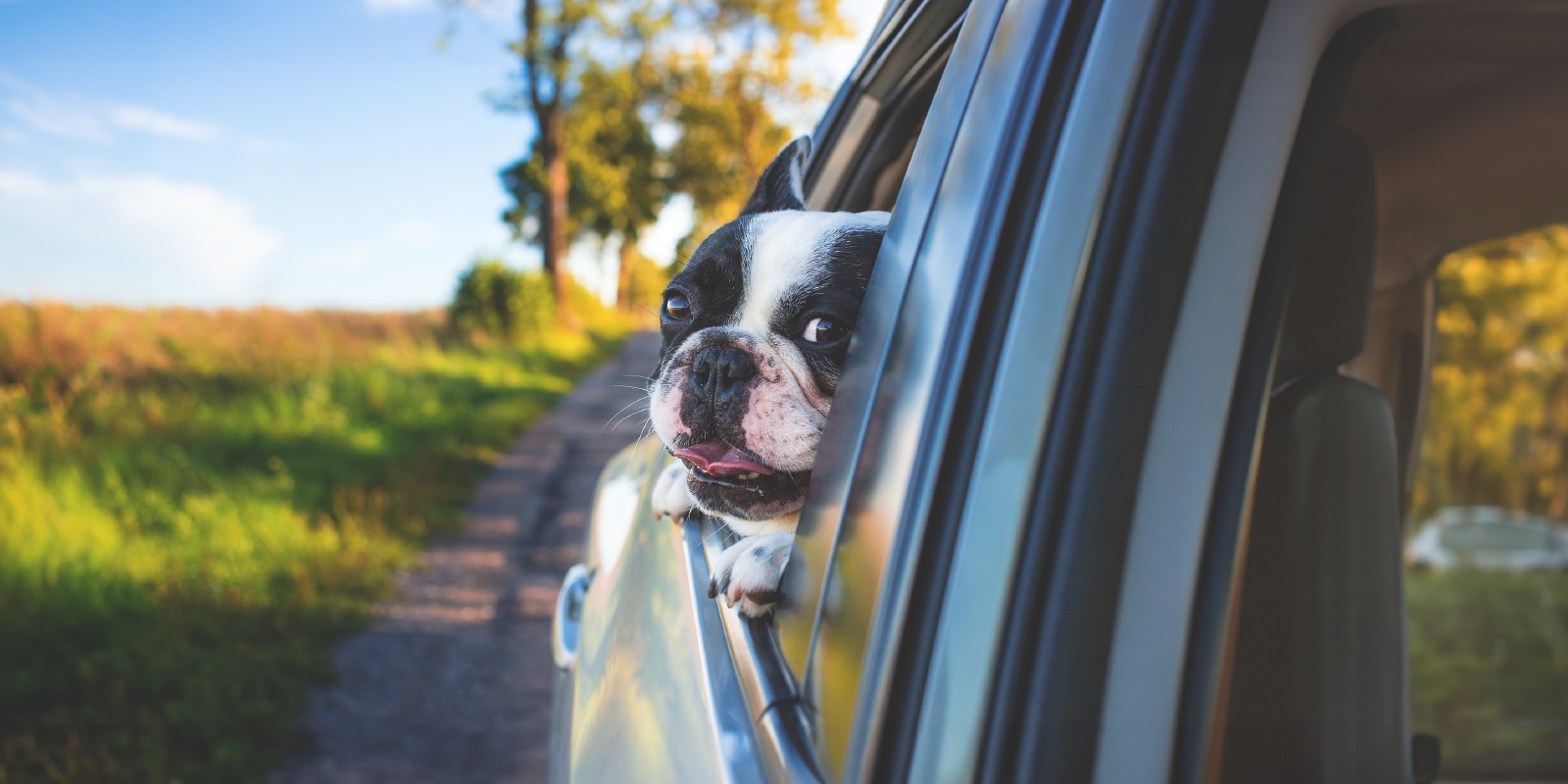When it comes to pet safety in cars, driving responsibly means more than just watching the road. Our furry companions, while beloved, can pose risks if not properly secured during travel. Loose pets can become distractions, potentially leading to accidents. In this article, we explore the importance of securing pets in cars, shedding light on why this practice is crucial for safety, and the next steps after an accident.
The Importance of Securing Your Pets in Cars
Securing your pets in cars is not just about their safety; it is also about yours. Here is why:
- Distraction-Free Driving: Unsecured pets can move around, jump onto your lap, or interfere with controls, leading to accidents.
- Avoiding Sudden Movements: A loose pet may suddenly jump or react to stimuli, startling the driver and causing a loss of focus.
- Preventing Injury: In the event of a sudden stop or accident, unsecured pets can become projectiles, risking serious injury to themselves and occupants.
- Ensuring Emergency Response: First responders may be hindered in their efforts if a loose pet poses a threat or hinders access to injured occupants.
- Legal Implications: In some jurisdictions, driving with an unrestrained pet can result in fines or penalties, adding unnecessary stress and costs.
Securing Your Pet: Best Practices
- Use pet seat belts, carriers, or barriers to restrain your pet securely.
- Avoid letting pets roam freely inside the vehicle, especially in the front seat.
- Provide a comfortable and safe space for your pet in the car to reduce anxiety and restlessness.
- Take regular breaks during long drives to allow your pet to stretch, relieve themselves, and stay calm.
Seek Legal Guidance with Fielding Law
If you have been involved in a car accident due to an unsecured pet due to someone else’s negligence, contact Fielding Law at 833.88.SHARK for expert legal assistance. We are here to help you navigate the legal process and ensure your rights are protected. Drive safely and secure your pets for a distraction-free journey.
Note: Information provided is for educational purposes and does not constitute legal advice. Always consult with a qualified attorney for legal concerns.





